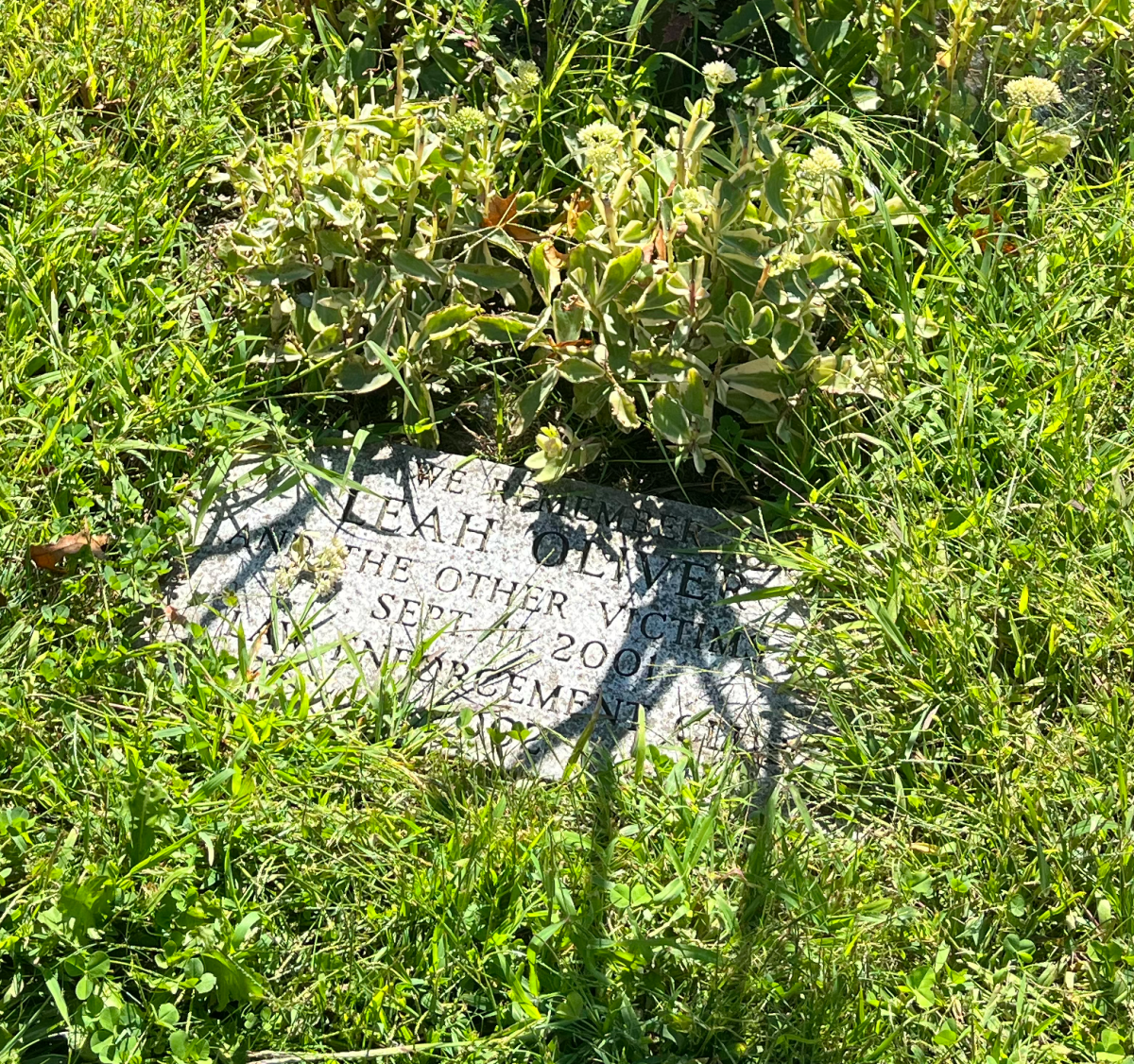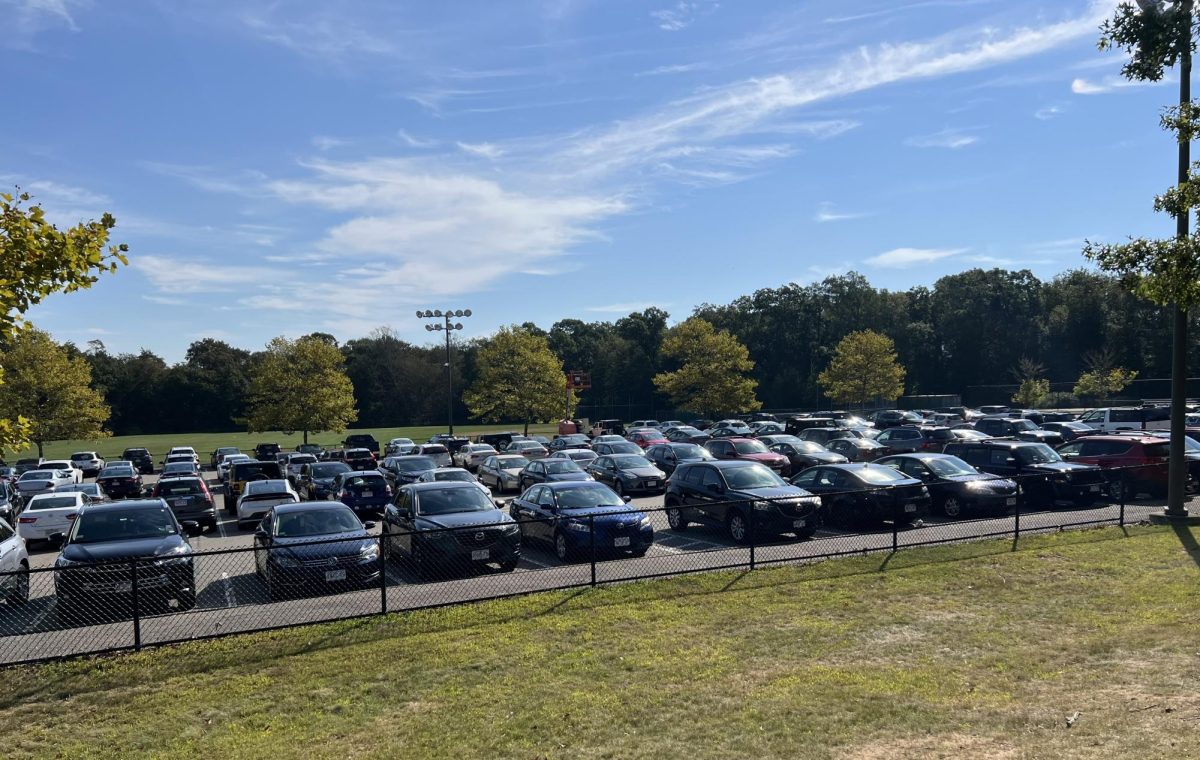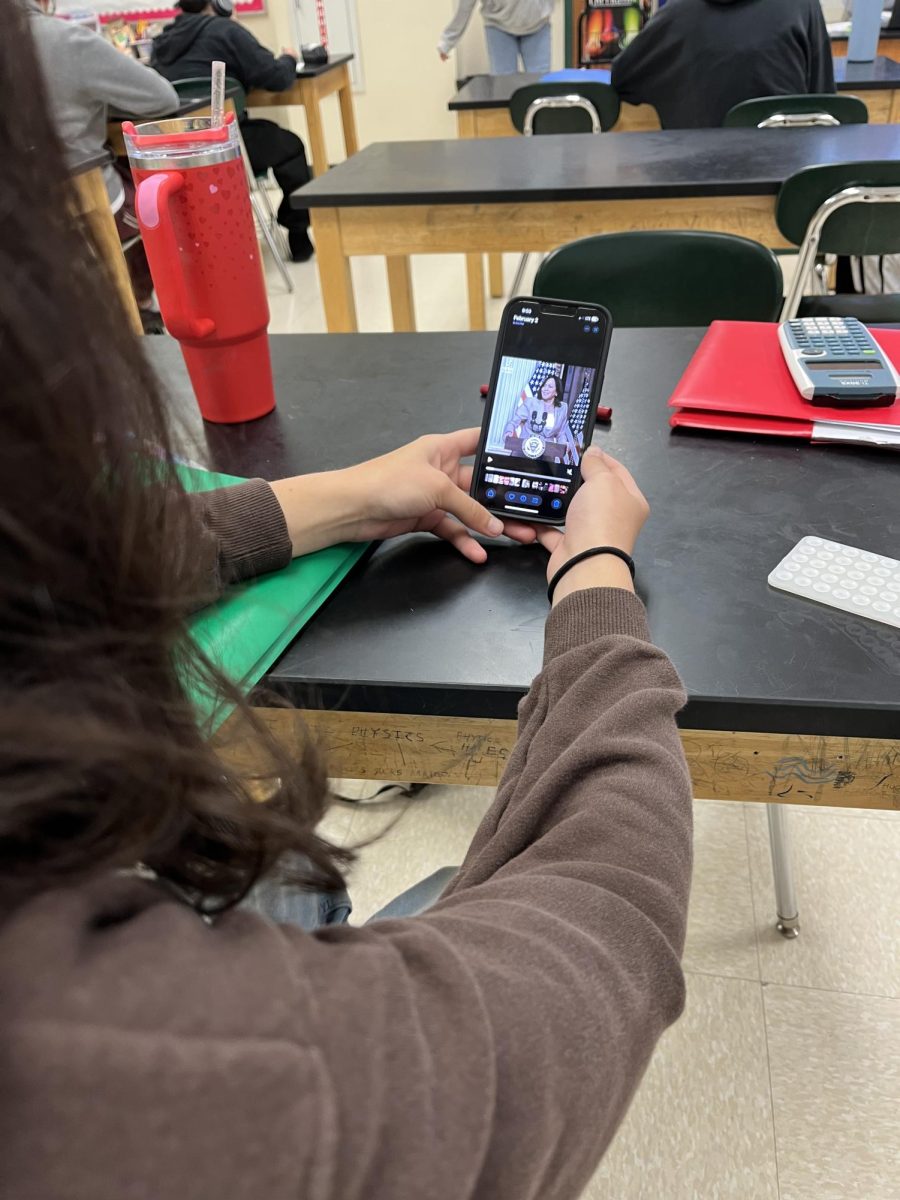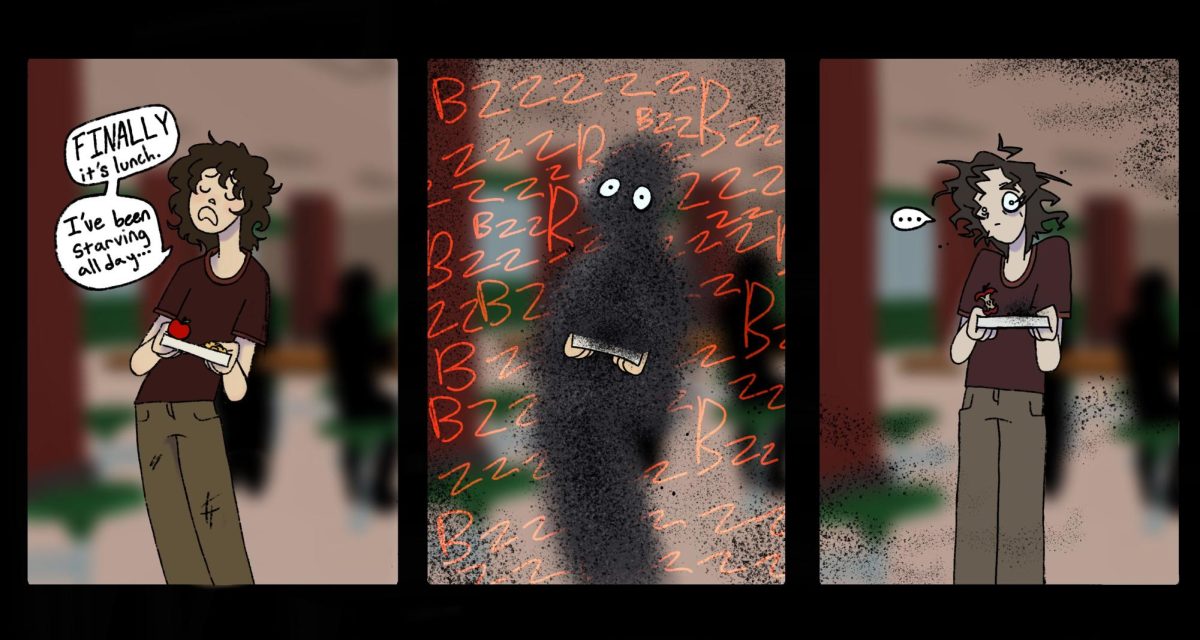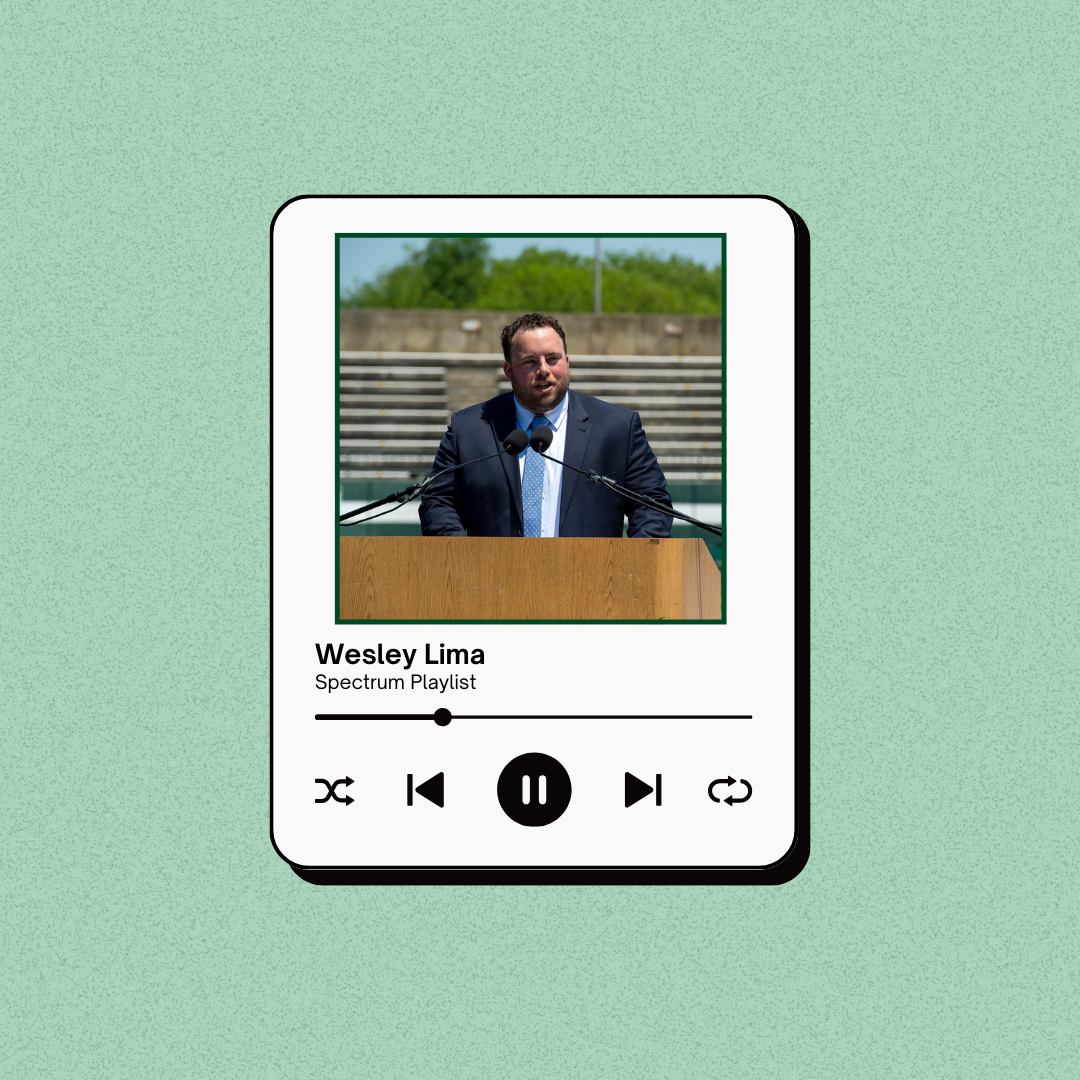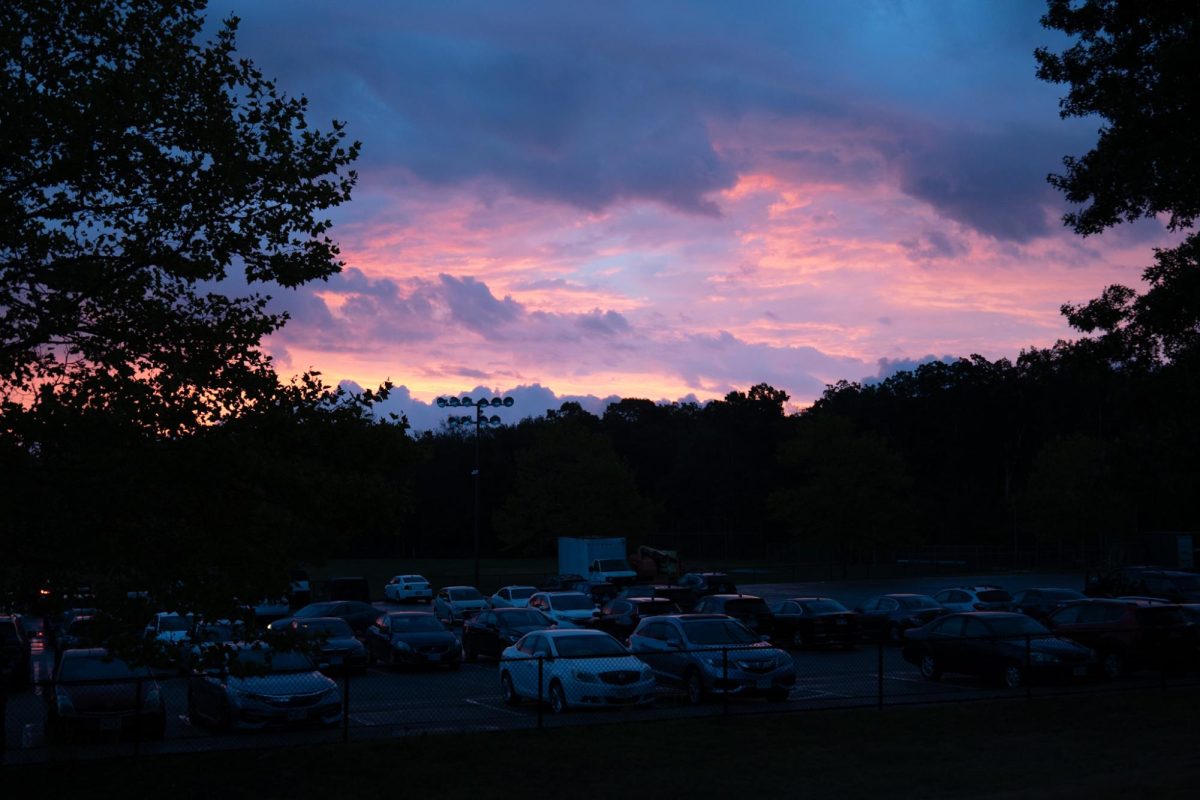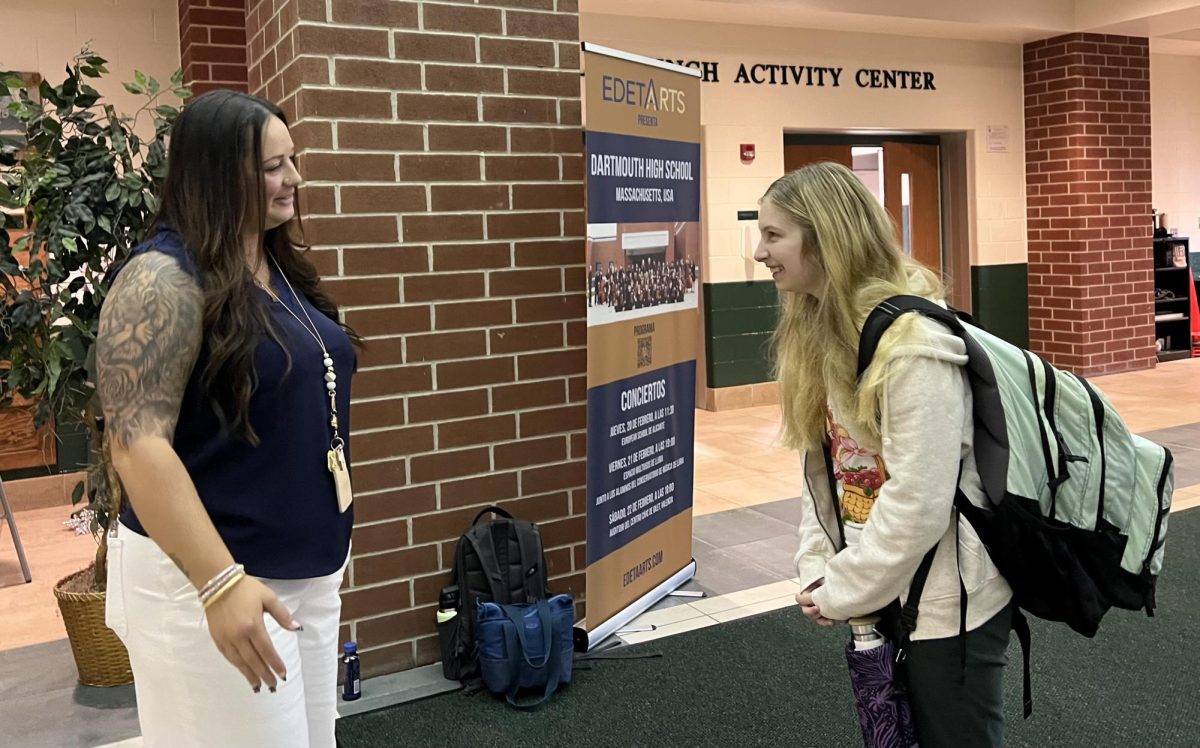On the morning of September 11, 2001, amidst a busy work day, a group of terrorists hijacked several commercial airliners and crashed them into both towers of the World Trade Center in New York City as well as the Pentagon in Virginia. That night, as the nation reeled in shock from this unprecedented attack, President George W. Bush addressed the nation, vowing to find those responsible for the attack and bring them to justice.
With the end of the turbulent day of September 11, 2001, much was still unknown. One thing was clear though: the United States would not rest until it had answers to explain the deaths of thousands of its citizens.
Flashing forward, this September 11 we honor the 23rd anniversary of the attacks and vow “to never forget” that tragic day.
As the decades have passed, society has had time to understand and examine the impact of the attacks. Many will reference the changes to airport security or the establishment of the Department of Homeland Security as the most prominent impacts. However, the day now referred to as 9/11 did not only alter the United States government or travel, 9/11 also imposed a heavy psychological burden on the country.
9/11 left deep emotional scars on those who lived through the attacks. Americans witnessed their fellow countrymen perish on live television. This new trauma led to a call to action for many Americans. This is evident by the uptick in people who would enlist in the military immediately after the attacks. Nearly 185,000 people signed up for active duty after 9/11 according to NYC.gov.
As this shows, Americans were united in their grief by a patriotic fervor to defend their way of life. In a Pew Research Center poll taken in October 2001 after the United States invaded Iraq, 79% of adults polled displayed an American flag. A poll taken a year later revealed that 62% felt patriotic as a result of the attacks. Additionally, 60% of Americans polled said they had trust in the federal government, a level not seen in the 30 years before the attacks.
Overall, 9/11 made Americans reconsider their safety on their home soil for the first time in nearly six decades. The last time Americans were attacked at home prior to 9/11, was the attack on the naval base Pearl Harbor in Hawaii on December 7, 1941. In an almost parallel scenario to 9/11, Americans were shocked by the Japanese attack and Americans responded with unity. These moments in history show a recurring trend: Americans unify in times of crisis and respond with force even in the face of tragedy.
Today, trust in the federal government has decreased substantially and recent polls suggest American pride has diminished. A poll taken by Pew Research Center in April 2024 revealed just 22% of Americans have trust in the federal government. While a Gallup poll taken in 2024 revealed only 39% are proud to be Americans. Levels much lower than the period after 9/11.
This lack of unity has led many Americans to believe the country is on a path to disunion, and furthermore, if another crisis like 9/11 or Pearl Harbor were to present itself the country as it is today would not be up to the task to counter.
However, although these divisions exist, America’s founding principles – life, liberty, and the pursuit of happiness instilled into the fabric of the nation allow Americans to disagree and debate vigorously while also cultivating unity when necessary.
Americans are bound to disagree with one another; this is what makes America special.
The bitter divide seen today between prevailing ideologies does not at all indicate that the country is nearing disunion. In fact, recent events have proven quite the opposite.
Nearly two months ago in the midst of a politically divisive summer an assassination attempt nearly killed GOP nominee and former president Donald Trump. Regardless of the political sparring that had taken place prior to the assassination attempt, lawmakers and politicians on both sides of the aisle took a few days to come together and make it clear there is no place in America for political violence. ABC news reported on July 14th that the Biden campaign would pause all ads and other publicity in the wake of the events. Despite present divisions, this was yet another time Americans put aside differences to respond to a threat.
Disagreement and tension are simply a showing of a vibrant democratic society at work. 9/11 serves as a reminder: as crises arise, Americans can set aside their differences and unite to face any challenges.

